I recently read an article that began with “A library implies an act of faith.” I had never thought of libraries in that way, but it resonated. The quote is from A Qui La Faute?, a Victor Hugo poem written in 1872. It suggests that by collecting books people are investing in the future—having faith that future generations will find inspiration and continue to grow intellectually, that they will learn from history and the experience of others.
But there are those who see a darker side. These people see danger lurking in the stacks. They think that by restricting access they can protect themselves and their children from dangerous and upsetting history and ideas. This is at the root of the great books debate. In 1497 Savonarola, the Italian friar, led a movement that destroyed art and burned books in the name of Christian renewal. In 1922, James Joyce’s novel, Ulysses, was banned in the United States and Great Britain and a serialized version was burned in the streets of Ireland, England and Canada.
Joyce’s novel chronicles a day in the life of Leopold Bloom as he wanders the streets and bars of Dublin. Originally published in Paris, US Customs deemed its content obscene and seized copies because might cause American readers to “harbor impure and lustful thoughts.”
In 1933 United States District Court Judge John M. Woolsey, after a month long reading of the book, ruled it “a work of literary merit:”
“In writing ‘Ulysses’ Joyce sought to make a serious experiment in a new if not wholly novel literary genre. Joyce has attempted- it seems to me with astonishing success- to show how the screen of the consciousness with its ever-shifting kaleidoscopic impressions carries as it were on a plastic palimpsest not only what is in the focus of each man’s observation of the actual things about him, but also in a penumbral zone residua of past impressions, some recent and some drawn up by association from the domain of the subconscious.
The words which are criticized as dirty are old Saxon words known to almost all men, and, I venture, to many women, and are such words as would be naturally and habitually used, I believe, by the types of folk whose life, physical and mental, Joyce is seeking to describe.
If one does not wish to associate with such folks as Joyce describes, that is one’s own choice.”
Today, exactly 100-years after Ulysses seizure by Customs censors, there is a resurgence of book banning (and burning) in America. Ann Patchett, prize-winning author (Bel Canto, The Dutch House) and bookstore owner wrote in her latest newsletter:
“It feels like we’ve heard more about banned books over the past year than usual, but it’s not just your imagination. According to PEN America, educational gag orders that prevent teaching about topics like race, gender, and American history have increased by 250% this year compared to 2021 and have been more likely to include punishments, such as fines, loss of state funding, or even criminal charges against teachers. As a result, many books that address politically charged topics have either been banned or challenged in school districts across the country. Books that aim to educate about race and LGBTQ+ identities have been disproportionately impacted.”
So, what books are we talking about? Here’s a recent list of the most commonly targeted books. The second, third and fourth are children’s books and The 1619 Project is a recent addition of African American scholarship. The others are all considered classics of American/English literature.
· Charlotte’s Web – E.B. White
· Julian is a Mermaid – Jessica Love
· Brown Girl Dreaming – Jacqueline Woodson
· King and the Dragonflies – Kacen Callender
· 1984 – George Orwell
· Brave New World – Aldous Huxley
· Fahrenheit 451 – Ray Bradbury
· The Color Purple – Alice Walker
· A Raisin in the Sun – Lorraine Hansburry
· 1619 Project – Nikole Hannah-Jones
· To Kill a Mockingbird – Harper Lee
· Catcher in the Rye – J.D. Salinger
· Beloved – Toni Morrison
· The Handmaid’s Tale – Margaret Atwood
While libraries have been the traditional target of book banners, school boards and school libraries are the latest forums under attack. The most frequently given reasons for exclusion are pornography, obscenity, painting an unflattering picture of American history, grooming gay and transgender youth, student discomfort with discussions of race, sex, and gender identity. Is student discomfort a reason to keep literature off the shelves of school libraries?
Today happens to be the last day of Banned Book Week 2022, and I’m siding with Victor Hugo– a library is an act of faith. I have faith–faith that Americans can discern and decide for themselves if a book has value, and parents can decide whether they want their child to be exposed to ideas that conflict with their religious beliefs, but they should never be permitted to ban a book for that reason.
This is one wall of our living room. Behind me is another.
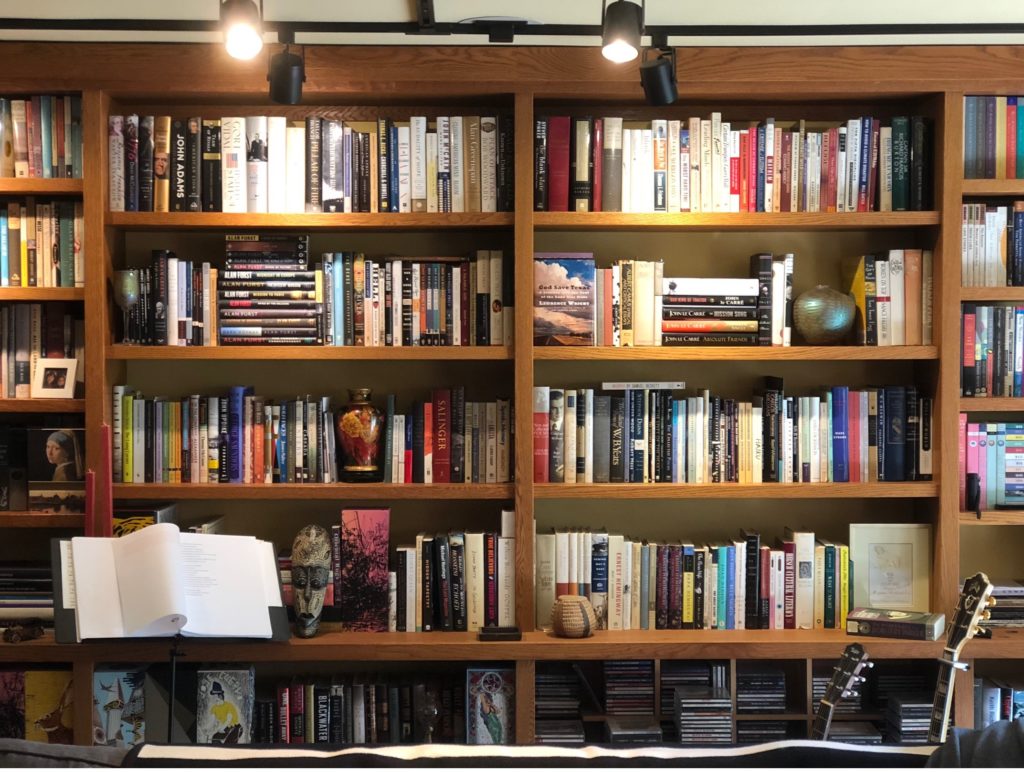
I have faith that by buying and collecting books we are collecting knowledge. We are making an investment in future generations, that they will continue to learn and grow intellectually. The symbolism is that we are “in the dark” in our own time, but that by recording and storing our knowledge in the safety of a library, future generations will be able to see the light and learn from our mistakes and our experience.
It may seem excessive; but I continue to buy books – Audible, e-reader, and print. In September I bought four. Over the course of my life I’ve worked in three bookstores and a college library. M and I belong to Folio, The Seattle Athenaeum, one of a loosely affiliated group of national membership libraries. Please join me in celebrating Banned Book Week 2022 and fighting the narrow minded, fearful segment of our population that for some reason sees danger in the printed word.
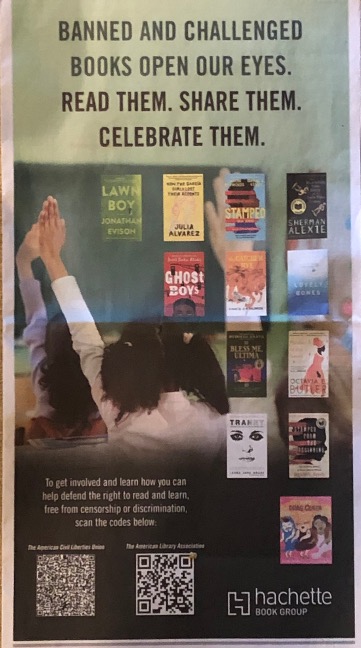





























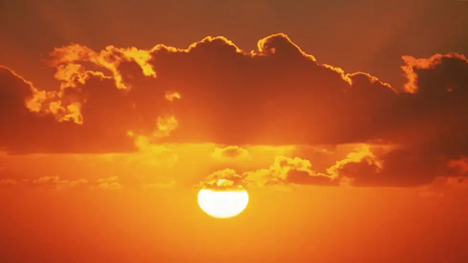
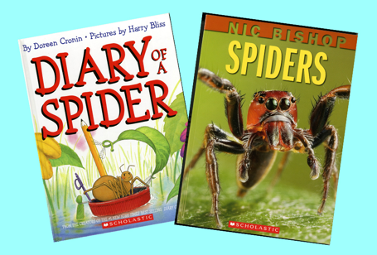
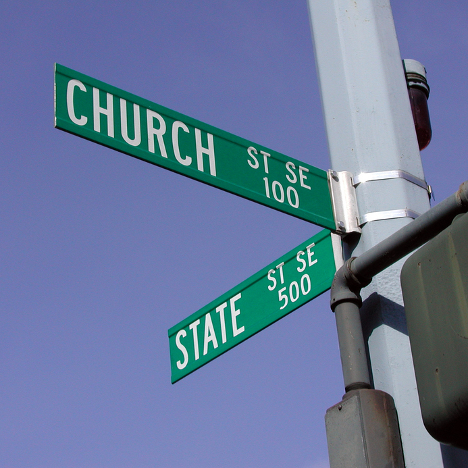
Another column that resonates deeply. My Book Club – The Bookies – started by a group of teachers from Hemingway Elementary School over 50+ years ago is still going strong, meeting monthly to discuss books, and we have now added Zoom to include those of us who no longer reside in the valley. To honor Banned Book Week 2022, for September we each chose a different banned book and had a lively discussion over why each book was banned.
Your library looks sooooo inviting. Do you have a cozy chair nearby to curl up in?
Thanks for your always perceptive columns! Do you ever read Michael Ruhlman’s musings? I think you’d enjoy his take on life/literature/books/food/travel.
xo,
Carol